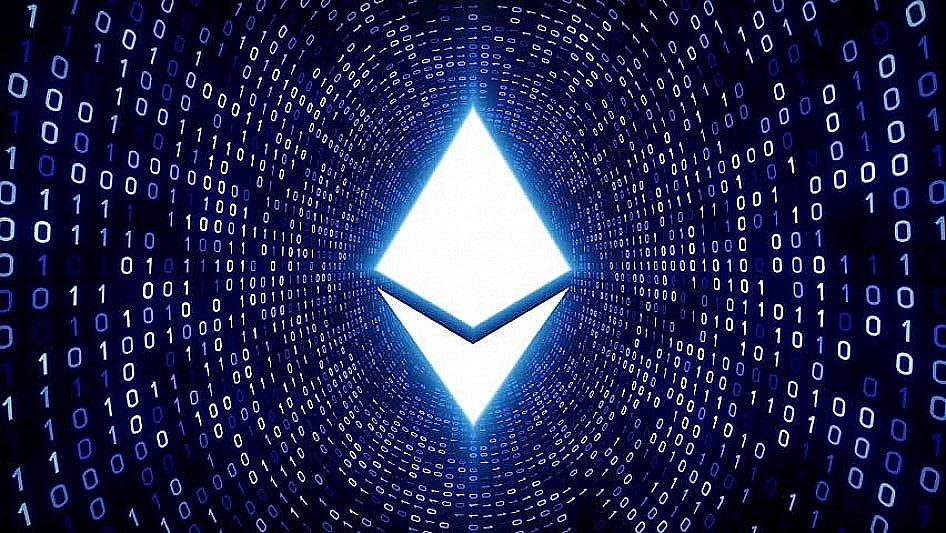Ethereum Gas Fees Plummet to Historic Lows
30.07.2024 9:00 1 min. read Alexander Stefanov
The Ethereum network is currently experiencing a significant drop in gas fees, impacting both mainnet and Layer 2 transactions.
The average mainnet gas fee has fallen to 4 Gwei, about $0.21, with some transactions costing as little as 3 Gwei, around $0.14, per data from Etherscan. Layer 2 solutions, including Optimism, Base, Arbitrum, and Linea, also see fees below $0.01 according to Gasfees.io.
This reduction in fees is largely due to increased use of Layer 2 scaling solutions and the blob transactions introduced in the Dencun hard fork in March, which have helped lower transaction costs.
The decline in gas fees has resulted in fewer ETH being burned, making the network inflationary. Over the past month, the network’s supply increased by more than 60,000 ETH.
The recent approval of eight new Ethereum ETFs by the SEC, including the conversion of Grayscale’s ETHE fund, has further complicated the ecosystem. These ETFs attracted over $1 billion in inflows within four days of trading, despite a $1.5 billion outflow from Grayscale’s ETHE.
-
1
XRP Ledger Sees Sharp Drop in Activity as Key Network Metrics Tumble
26.06.2025 19:00 1 min. read -
2
Top 10 DeFi Projects by Development This Month
28.06.2025 20:00 1 min. read -
3
XRP Ledger Deploys EVM-Compatible Sidechain to Expand Multichain Utility
30.06.2025 21:00 2 min. read -
4
What the U.S. Blockchain Act Means for Crypto’s Future
29.06.2025 18:00 2 min. read -
5
Tether Ends Support for Five Blockchains in Infrastructure Shift
12.07.2025 11:30 2 min. read
Tether Ends Support for Five Blockchains in Infrastructure Shift
Tether, the leading issuer of stablecoins, is phasing out support for five older blockchains.
German State-Owned Development Bank Issues €100 Million Blockchain Bond
Germany’s state-owned development bank NRW.BANK has issued a €100 million ($116.7 million) blockchain-based bond, marking one of the largest public-sector entries into digital securities in Europe.
Top 10 blockchains by transaction volume in June 2025
New data highlights a dramatic lead for Solana in blockchain activity for June 2025. According to the figures, Solana processed a staggering 2.98 billion transactions, far outpacing all other chains in the ecosystem.
Top 10 AI and Big Data Crypto Projects by Development Activity
According to new insights from market intelligence platform Santiment, development activity in the crypto sector’s AI and Big Data segment remains strong, with several major projects showing notable GitHub activity over the past 30 days.
-
1
XRP Ledger Sees Sharp Drop in Activity as Key Network Metrics Tumble
26.06.2025 19:00 1 min. read -
2
Top 10 DeFi Projects by Development This Month
28.06.2025 20:00 1 min. read -
3
XRP Ledger Deploys EVM-Compatible Sidechain to Expand Multichain Utility
30.06.2025 21:00 2 min. read -
4
What the U.S. Blockchain Act Means for Crypto’s Future
29.06.2025 18:00 2 min. read -
5
Tether Ends Support for Five Blockchains in Infrastructure Shift
12.07.2025 11:30 2 min. read


